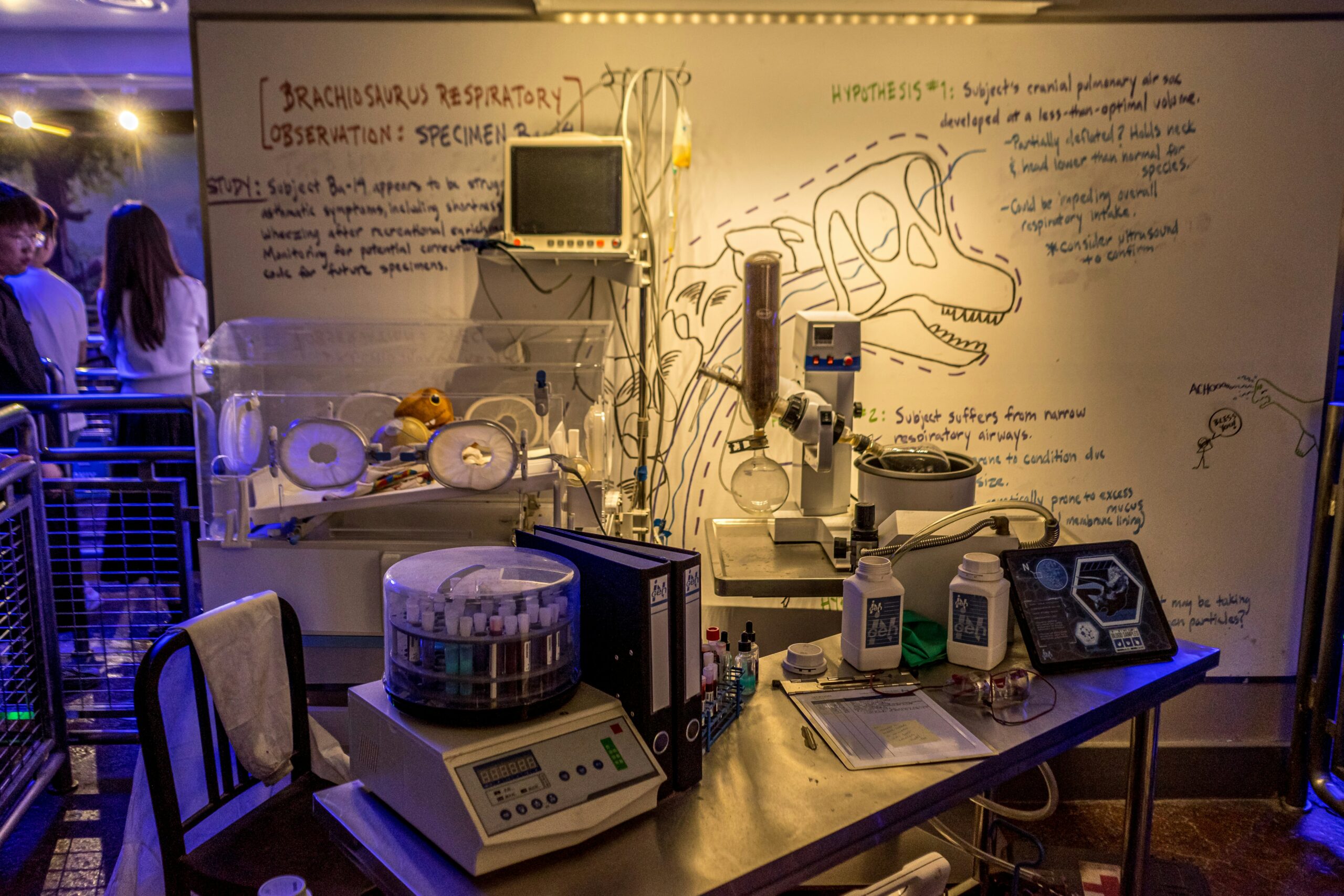
Modern medicine has advanced in ways that would have been impossible a century ago. One of the most powerful drivers of this progress is genetic research. Scientists now understand how genes influence health, disease, and treatment outcomes. This research goes far beyond the laboratory. The discoveries made in genetics often shape the care that patients receive in emergency rooms worldwide.
Genetic research enables doctors to understand why specific individuals are at a higher risk for illnesses such as heart disease, stroke, or diabetes. It also guides the development of new medicines. For example, understanding how genes influence a person’s response to drugs enables doctors to prescribe more effective treatments with fewer side effects. This knowledge can save time and lives, especially in emergencies when every minute counts.
How Genetic Testing Improves Emergency Medicine
When someone arrives at the emergency room, doctors must act quickly. The ability to identify genetic risk factors can significantly impact how individuals respond to various health conditions. Genetic testing is becoming faster, cheaper, and more accessible. Hospitals are beginning to utilize it as a tool to enhance emergency care.
If a patient has a family history of sudden cardiac arrest, a simple genetic test may reveal whether they carry a high-risk gene. Doctors can use this information to monitor the patient closely, order urgent heart tests, or provide immediate treatment. Similarly, knowing whether a patient has specific genetic markers can alert doctors to how that person might react to anesthesia or pain medication. This reduces the chance of dangerous complications during treatment.
In trauma cases, genetic testing may also guide blood transfusions or clotting treatments. Some people carry rare genetic conditions that affect their ability to form blood clots. Without this knowledge, doctors might give the wrong treatment. With genetic insight, emergency teams can provide precise care that matches the patient’s unique biology.
Real-World Applications in Emergency Rooms
The impact of genetic research is not just theory—it is visible in real hospitals. Emergency doctors are increasingly using genetic information in conjunction with traditional diagnostic tests, such as X-rays, MRIs, and blood work. This combination helps them make faster and more accurate decisions.
One growing area is pharmacogenomics. This field studies how genes affect a person’s response to medicine. In emergency care, this can mean administering the correct medication at the appropriate dose the first time. For example, some patients metabolize blood-thinning drugs more slowly than others. Without this knowledge, a standard dose could cause dangerous bleeding. Genetic research offers a safer approach by tailoring treatment to each individual.
Another example is stroke care. Quick treatment is essential when blood flow to the brain is blocked. Genetic markers can help doctors predict which patients are at risk of complications or who may respond better to certain clot-busting drugs. This reduces delays and improves recovery outcomes.
Even in mental health emergencies, genetics plays a role. Patients who arrive with severe psychiatric crises may benefit from genetic insights that guide the choice of antidepressants or antipsychotic medicines. This avoids the trial-and-error approach that can waste valuable time.
The Challenges of Bringing Genetics to Emergency Care
While the connection between genetic research and emergency rooms is powerful, it also faces challenges. One significant barrier is cost. Genetic testing has become more affordable in recent years; however, it is still not readily available in every hospital. Many emergency rooms must operate with limited resources, making it challenging to adopt the newest technologies.
Another challenge is speed. Emergency care requires rapid decisions, often in minutes. Genetic testing is continually improving, but many tests still need hours or even days to complete. This limits their use in urgent situations. However, new rapid-testing technologies are being developed that may soon provide results within minutes.
Ethical issues also come into play. Genetic information is deeply personal. Hospitals must ensure that patients’ data is protected and used responsibly. Patients may also face stress when learning about genetic risks. Doctors in emergency rooms must balance the need for quick action with respect for patient privacy and emotional well-being.
The Future of Healthcare: From Labs to Lifesaving Treatment
The journey from genetic research to emergency rooms is still unfolding. What once seemed futuristic is now becoming part of everyday medicine. In the future, patients may arrive at hospitals where their entire genetic profile is already stored securely in electronic health records. Emergency doctors could instantly access this information, allowing them to act with precision and confidence.
Artificial intelligence plays a role in analyzing genetic data in real-time. This would give emergency teams instant insights into the best treatments for each patient. Personalized medicine—once a distant dream—could soon be a reality in every emergency room.
The link between genetic research and emergency medicine demonstrates how science can transform lives. The same discoveries made in research labs today can save lives tomorrow in urgent care settings. As technology advances, more patients will benefit from this connection, enabling genetic knowledge to be translated into immediate, lifesaving action.